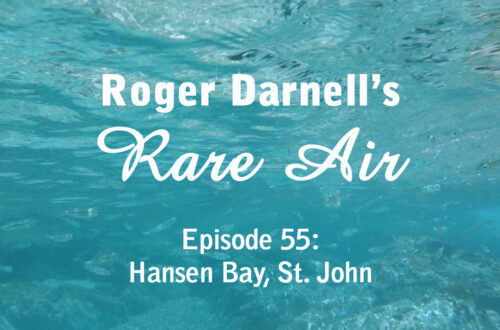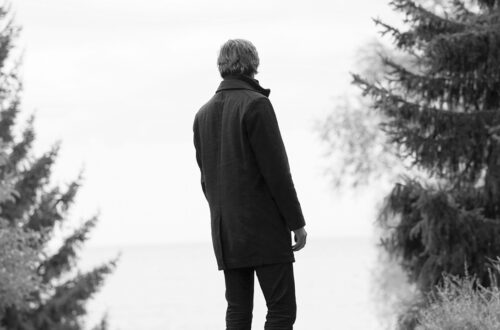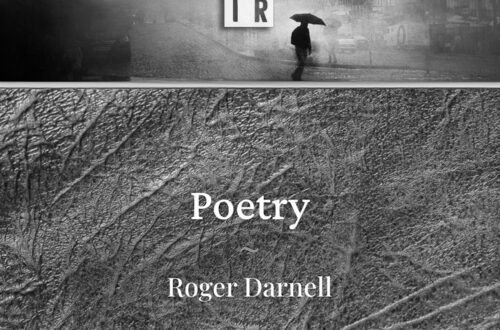Our friends Richard and Heidi Campbell of Boone were other big inspirations for this trip. A couple of years earlier, they and their kids had spent many months settled in Christchurch, New Zealand, and afterward, they shared a photo album with us from their travels. I can still recall the powerful envy I felt seeing them in those heavenly natural locations, where geography defies the imagination, and everywhere one sees water, the heart’s desire is magnetically attracted to be right there. Among those images were tumultuous landscapes pacified by blue and white waves, and something about the tidal pools struck especially deep chords in me.
Of all the National Parks listed in my Stone Road Press guide book, Olympic is the one that seemed to match the picturesque grandeur of New Zealand most closely. That perception locked-up my initial vote… but as our plans took shape and time marched forward to the trip, I was absolutely intrigued by the idea that we were going to the Northwestern-most point of the continental United States. Beth and I have stood in the Southeastern-most point in the country, down in Key West. And since standing there together in 2010, I have discovered a fascination for the Pacific Northwest – especially during the 1800s. The Annie Dillard book I previously mentioned (“The Living”) helped me envision Washington State and the Puget Sound in that era, and some of my other favorite books chronicle and bring the settling of Oregon to life vibrantly, in words alone. I know that those “good old days” had their challenges, but I’m pretty sure I’d have a lot of company if going back was an option.
Of course, through books and other art forms, you and I have ready access to all of history, and the wilderness of 1850 is essentially intact throughout Olympic National Park, and across the Strait of Juan de Fuca on Vancouver Island. The History Channel series “Alone” features ten survivalists who sign up to be stranded on the Island by themselves as they attempt to survive with very limited resources. The day-to-day reality they experience is timeless. During our trip, everything I learned about the native people who trace their history on the planet back to the dawn of time in this location, stirred me to my core.
This sunset photographed one evening during our stay at the Salt Creek Recreation Area’s campground is one of many photos and videos I captured on this trip where the point-of-view faced west, and/or across the strait to Vancouver Island. It’s safe to assume that while the camera was rolling, a recurring script was playing in my mind, asking how many human beings have stood in this spot with the whole of the United States at their back, contemplating what matters, wondering what their next move will be and mentally reaching out to the future, when almost everything happening in that spot is very likely to be identical.
In my education as a writer, I remember reading advice about how it is important to make a “sense of a place” evident in a story. To me, the Olympic Peninsula is one of those places that is so powerful, its presence shines through in every word written there, and in every other sensation it is possible to possess and experience. To the many people and incidents that led us there and supported us in our life walks to make the adventure possible, I am extremely grateful.
I hope you’ll enjoy Rare Air episode 15, and I look forward to hearing from you any time.






